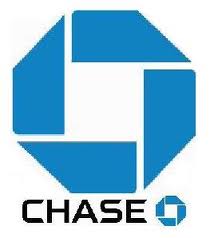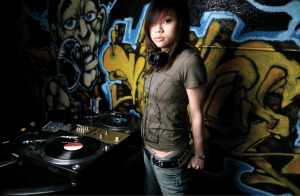Here’s a reprint of Frank Mugisha searing indictment of the Ugandan Government from the RFK Center for Justice and Human Rights‘ newsletter:
UGANDAN GOVERNMENT CONTINUES ANTI-LGBTI STANCE AT THE UN
The birth of the Universal Periodic Review (UPR) process in 2007 within the newly (re)formed Human Rights Council at the United Nations brought enormous opportunity and hope to human rights defenders around the world seeking to engage their countries with serious human rights concerns at an international level.
Today, at the close of the first four year cycle of the UPR, I leave Genevadisheartened and disappointed that my country of Uganda failed once again to take the rights of its LGBTI citizens seriously.
In my country, it is a sad fact that LGBTI people cannot access even basic health services due to homophobic social stigmas, laws criminalizing homosexuality, and discrimination by health service providers. Despite Uganda’s obligations to ensure its citizens’ rights to the highest attainable standard of health, the government does nothing.
In Uganda, LGBTI civil society organizations are consistently denied the ability to register as official nongovernmental organizations (NGOs). But, in Geneva my government publicly denied this fact, and informed the Human Rights Council that organizations need only to meet the NGO registration criteria. For me, this is a laughing matter. LGBTI groups, like the one I lead, will never meet Uganda’s NGO criteria, as long as my government regards our work as criminal.
In its official report to the UN, my government invoked its constitution and penal code, which still criminalizes consensual same sex acts, and made the unsubstantiated and absurd claim that it could not allow the “promotion” of homosexuality, because in its view, LGBTI groups are recruiting young children into homosexuality.
During the UPR process my government maintained that “the sexual minorities issue” should not be openly discussed; it should be left private. Yet my government claimed it could not interfere with the proposed Anti-Homosexuality Bill that has yet to officially die in Ugandan parliament — a bill that would institute the death penalty for some homosexuals.
In contrast, it was very exciting and encouraging to see member states fromEurope and North and South America put my government on the spot and urge Ugandan to decriminalize homosexuality, create laws that protect LGBTI people, and stop the false allegations that LGBTI groups solicit young people into homosexuality.
I sincerely hope the government of Uganda takes the recommendations from member states seriously and meets its international obligations to protect and ensure the safety of all citizens, by changing laws that criminalize homosexuality, putting in place policies that protect LGBTI people and ensuring that all government policies support every individual in Uganda including LGBTI persons.
By Frank Mugisha
Frank Mugisha is a leading advocate fighting for equality for the LGBTI community in Uganda, and against the proposed Anti-Homosexuality Bill, which would make homosexual activities punishable by life in prison on the first offense, and death sentence for aggravated offenses. Furthermore, the proposed legislation would criminalize failure to report homosexuality. Due to the hostile climate in Uganda surrounding the LGBTI community, Mr. Mugisha is one of the few openly gay and visible activists for sexual minorities in the country. His role as a spokesperson for the LGBTI movement amplifies the voice of one of the most vulnerable groups in Uganda. As a result of his advocacy, Mr. Mugisha has lost jobs, friends, and become estranged from family.
 A friend of mine, Deza Nguembock is in NYC for a few more days. Deza is from Cameroon and based in Paris. She is here to look for partners for her documentary film and photography exhibition confronting ableism. Deza was recently named an Architect of the Future by the Waldzell Institute in Austria for her tireless work. If you know of any leads for her work, please let me know.
A friend of mine, Deza Nguembock is in NYC for a few more days. Deza is from Cameroon and based in Paris. She is here to look for partners for her documentary film and photography exhibition confronting ableism. Deza was recently named an Architect of the Future by the Waldzell Institute in Austria for her tireless work. If you know of any leads for her work, please let me know.




